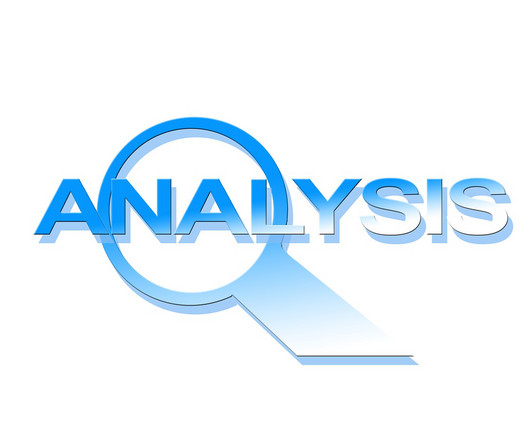The Proportional Request for Production
Joshua Gilliland
MARCH 7, 2016
Both need to conduct effective reasonable inquiry into their case theories. That will most likely take shape with expert forensic reports, early case assessment, and effective document review. Both require analyzing the facts.











Let's personalize your content